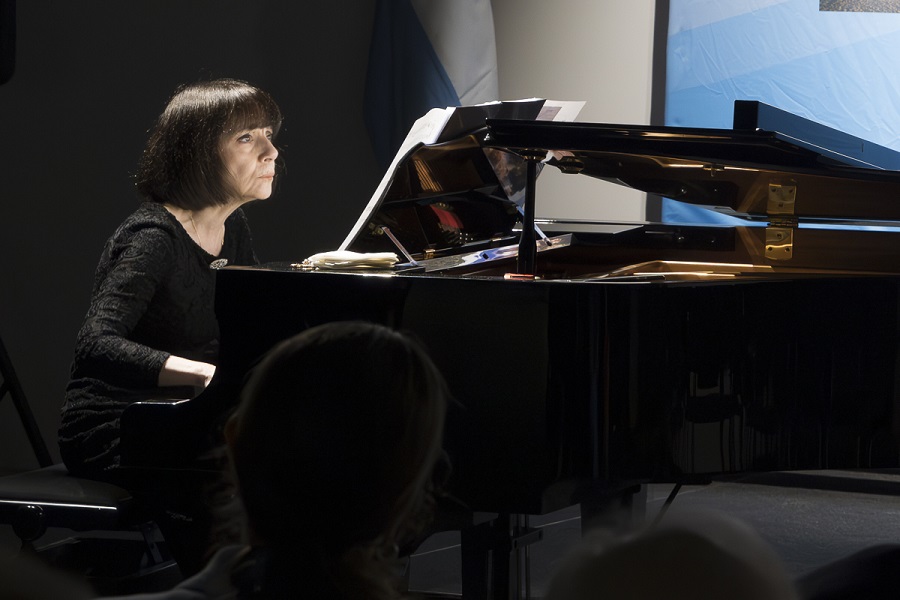
Music / Tangata by Astor Piazzolla, Marcela Fiorillo on piano. Australian Centre for Christianity and Culture, October 31. Reviewed by HELEN MUSA.
Tangata – it’s a made-up word mixing the words tango and toccata, which, in the context of Marcela Fiorillo’s piano concert, bore witness to the mixed musical influences on Argentina’s great composer, Astor Piazzolla – influences such as Bach, Stravinsky, Ginastera, jazz and, of course, the tango music of the Porteñas, the inhabitants of Buenos Aires.
This powerful recital by Fiorillo, already well known to Canberra audiences as a leading exponent of the music of Liszt, Ginastera and Piazzolla, served, as ambassador Máximo E. Gowland, said, to bring Australians closer to the culture of his country, and he had observed around Australia an increasing hands-on interest in tango.
Opening with Piazzolla’s moody Milonga del Ángel, Fiorillo quickly turned to two parts of his Cuatro Estaciones Porteñas, The Four Seasons of Buenos Aires, the largely reflective but sometimes animated Otoño Porteño (Buenos Aires Autumn) and Invierno Porteño, (Buenos Aires Winter), which allowed lavish keyboard work as it created the sensation of going for a walk in the city during winter.
Here Fiorillo was at pains to point out to her audience that the Cuatro Estaciones should never be equated with Vivaldi’s Four Seasons, for Piazzolla’s chief aim was to conjure up “the seasons of the soul”.
Fiorillo then turned to a striking segment of the cantata Maria de Buenos Aires, the dialogue Romance del duende poeta ya curda, (Romance of the Drunken Poet Goblin) her piano providing a melodic underlay to a voiceover of the poetry by Buenos Aires actor Raúl Rizzo.
The first half of the concert concluded with Piazzolla’s elegy to his father, the very recognisable Adiós Nonino. Here Fiorillo spoke a few of the words penned by the composer on the occasion before performing this grand work, which concludes in a subtle diminuendo, expertly handled.
After interval it was time to return to the remaining seasons, but not before Fiorillo had told us that this concert was the basis for a repeat performance in Buenos Aires on December 1. She also alerted us the fact that in the second half, as well as performing her own arrangements, she was using those of Piazzolla’s long-time collaborator, José Bragato.
Beginning in a jaunty manner with Primavera Porteña, (Buenos Aires Spring) she then explained the composer’s vision of summer as a season of power and anger, immediately demonstrated in Verano Porteño (Buenos Aires Summer).
In a complete change of pace, she then played the very famous composition, Oblivion, which she said had resonated with audiences around the world. From Kuala Lumpur to Buenos Aires, she’d heard exactly the same comment – “this is the music I would like to have played at my funeral”.
Fiorillo’s rendition was at first passionate, as much of the concert had been, but quickly turned to a more melancholy refrain, the familiar tune working its way to a vanishing high note, before its conclusion.
The final and title work in this concert Tangata proved the climax of the concert, bringing together all of Piazzola’s distinctive rhythms and key changes together with the strong emotions evoked by his beloved tango.
Who can be trusted?
In a world of spin and confusion, there’s never been a more important time to support independent journalism in Canberra.
If you trust our work online and want to enforce the power of independent voices, I invite you to make a small contribution.
Every dollar of support is invested back into our journalism to help keep citynews.com.au strong and free.
Thank you,
Ian Meikle, editor
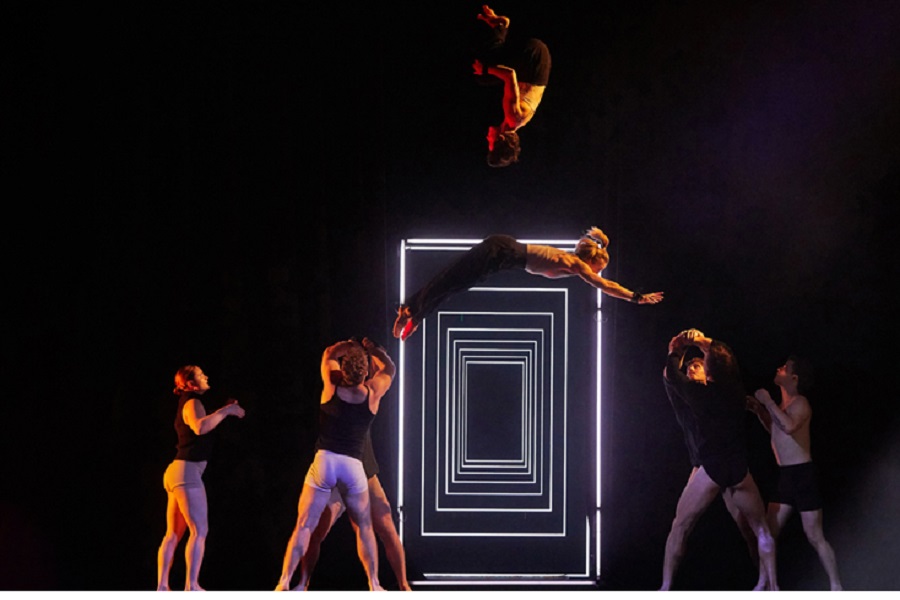

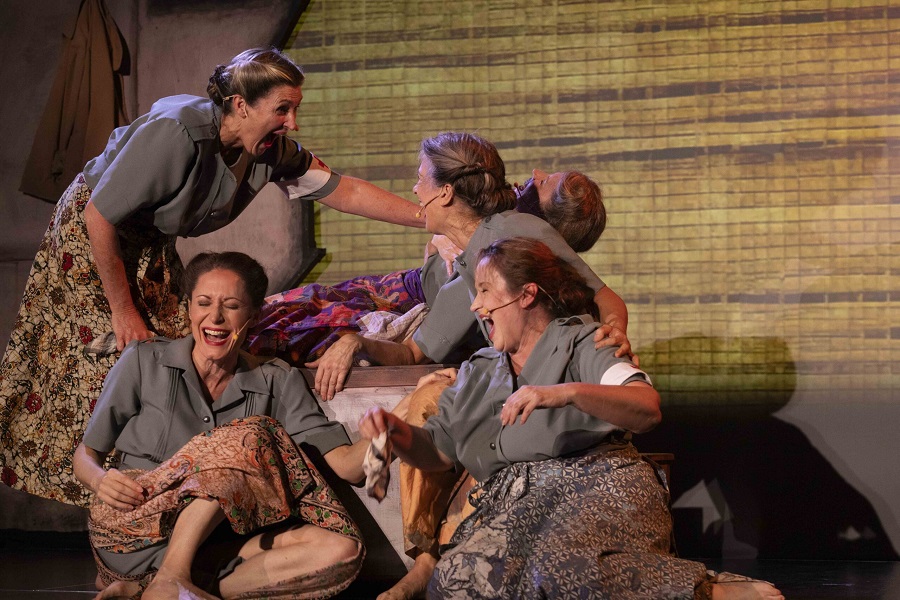
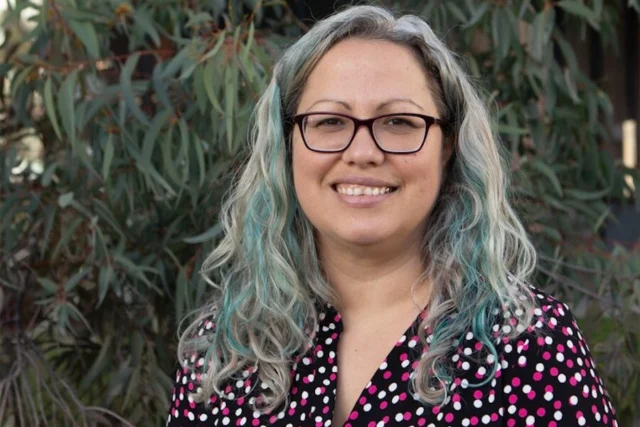

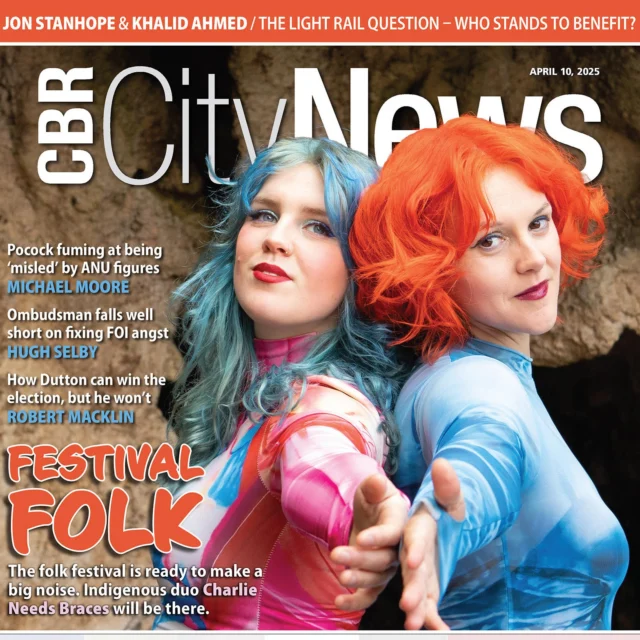
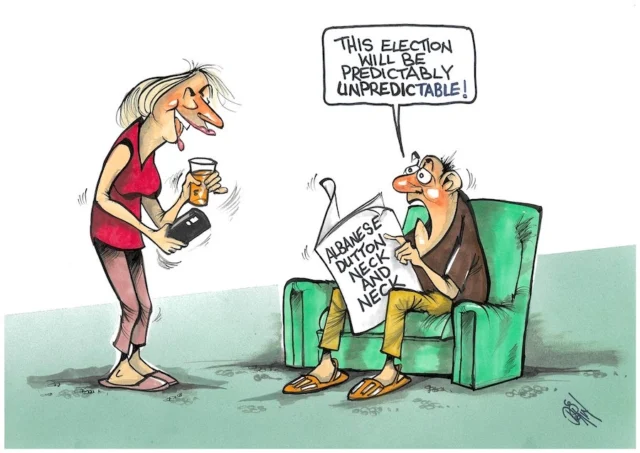

Leave a Reply